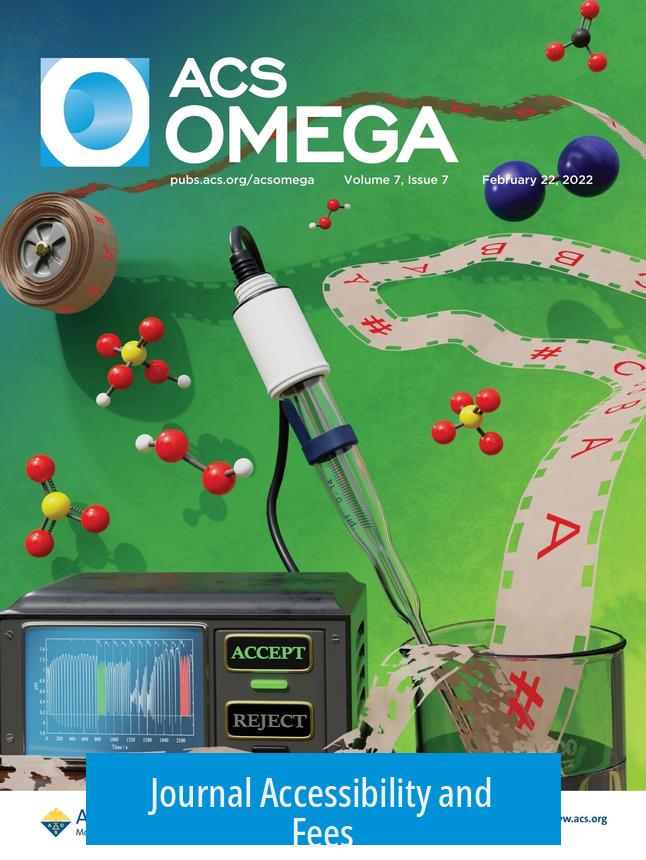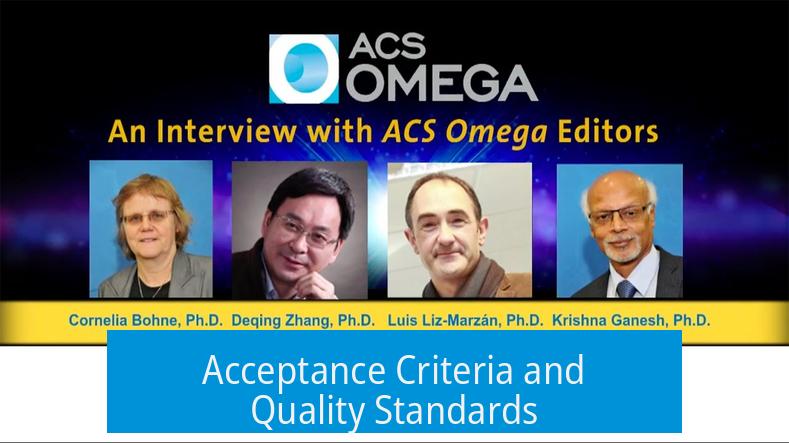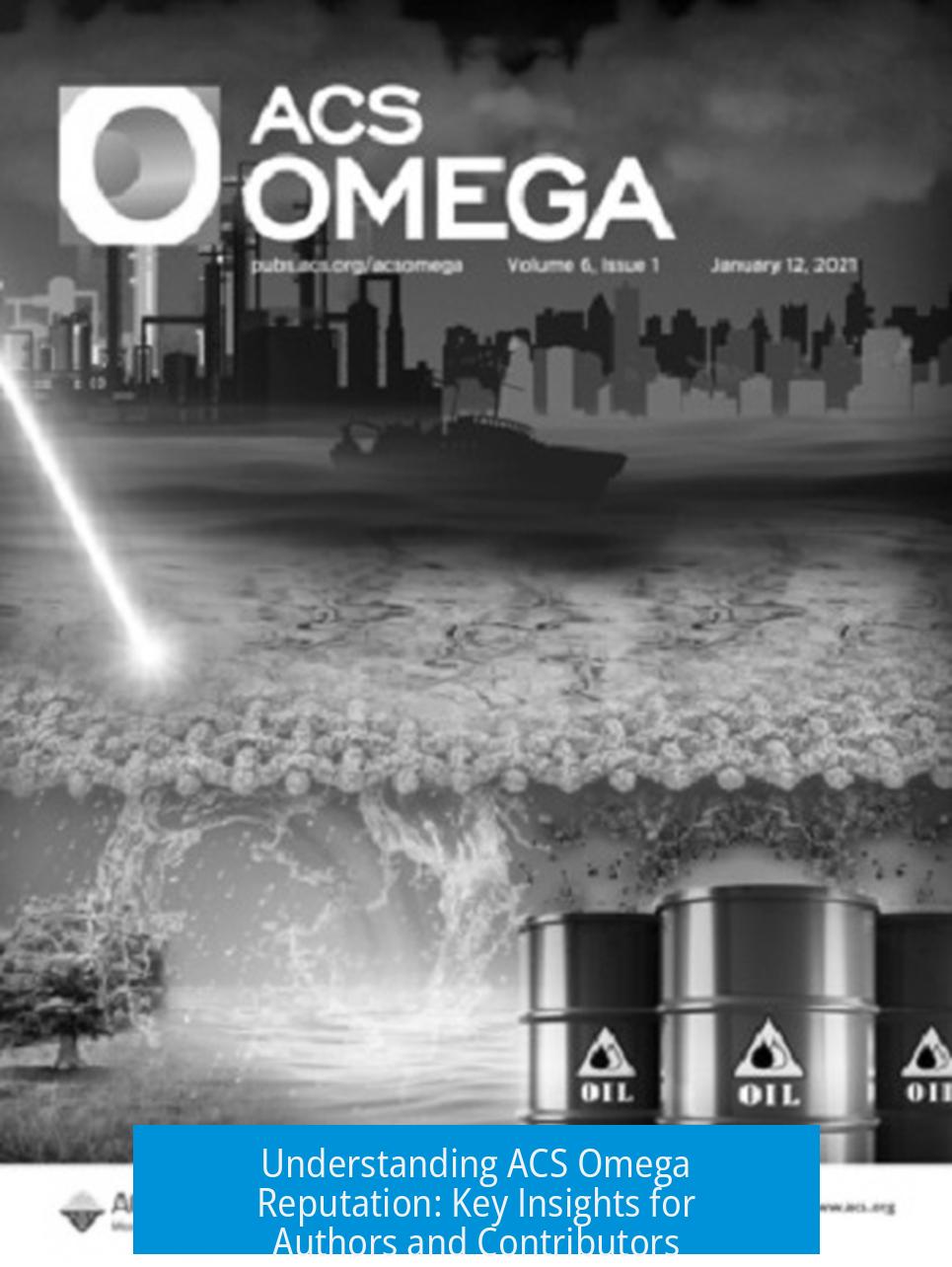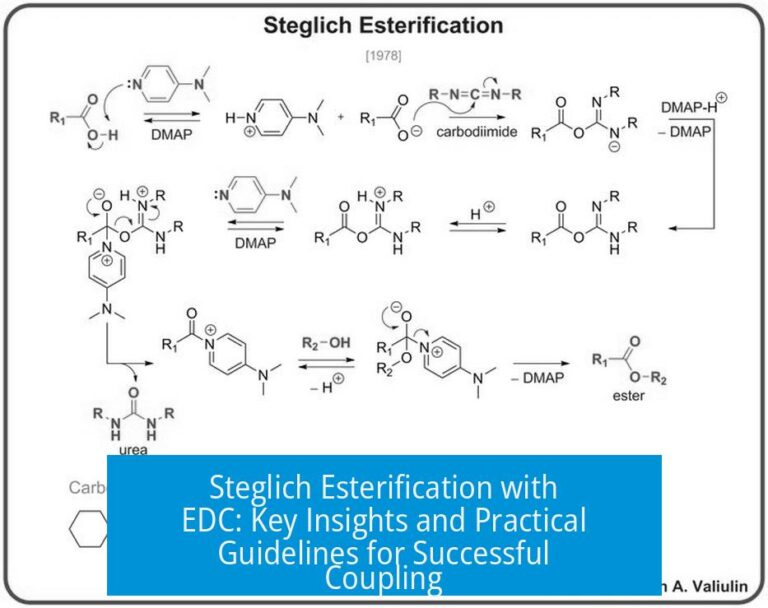ACS Omega Reputation

ACS Omega maintains a mixed reputation due to its official policy of broad chemistry coverage and acceptance without emphasis on immediate impact, contrasted by editorial practices that sometimes enforce impact-based rejections.
Journal Accessibility and Fees

ACS Omega provides financial incentives to authors, such as publishing credits that reduce fees. This lowers publication barriers and increases accessibility for researchers. Such incentives encourage diverse submissions, including from early-career scientists and institutions with limited funds.
Acceptance Criteria and Quality Standards

The journal prioritizes quality and completeness over novelty. Papers do not need to present groundbreaking discoveries but must be well-executed and comprehensive. For example, manuscripts by undergraduates with solid, thorough work meet these standards. This approach broadens the scope for publication within the chemistry field.
Official Journal Policy Versus Practice
ACS Omega states its mission as publishing chemistry papers without assessing immediate scientific impact. It also claims flexibility on scope, accepting any chemistry-related research. However, in practice, some manuscripts face rejection due to perceived low impact, despite sound science. Reviewers have recommended rejecting papers under such grounds, and editors have often upheld these decisions.
Author Experience and Editorial Consistency
Author feedback reveals uneven editorial handling. While ACS Omega acts as a final destination for certain types of work, some authors find the journal’s standards inconsistently applied. Dissatisfaction arises when authors perceive their valid but lower-impact work is dismissed. Such experiences influence authors’ choices to avoid submitting to the journal again.
Summary of Key Points
- ACS Omega offers publishing credits that reduce fees, enhancing accessibility.
- Focus is on quality, not novelty, allowing broad chemistry research to qualify.
- The journal officially avoids impact-based evaluations but sometimes enforces them.
- Editorial decisions appear inconsistent, affecting author satisfaction.
- ACS Omega remains a platform for certain scientific contributions but may not suit all authors’ needs.
The Real Scoop on ACS Omega Reputation: What Every Author Should Know
So, what’s the real reputation of ACS Omega? It’s a journal that openly promises to accept chemical science papers without fuss over their immediate impact. Yet, authors and reviewers share mixed feelings about how it sticks to its word. While ACS Omega markets itself as an accessible, broad-scope chemistry publication with a welcoming attitude towards comprehensive, quality research — no matter how groundbreaking — some claim reality tells a different story.
Let’s unravel this story with facts, firsthand insights, and a dash of straightforward talk.
Accessibility and Publication Fees: A Thoughtful Offer
One clear benefit stands out: ACS Omega offers authors financial breathing room. Imagine submitting your work and receiving publishing credits that lower fees — yes, that’s a thing. Some researchers share that they’ve actually received a credit from ACS Omega, which noticeably reduced their publication costs. In tight-budget academia, such incentives can make or break the decision to publish.
So, if you’re an author wondering whether ACS Omega is worth the wallet pinch, this lightens the load. It shows that the journal values inclusivity at least by reducing financial barriers. That’s a solid advantage in a world where open-access publication fees sometimes resemble a mortgage payment.
Quality over Novelty: The Journal’s Stance on Acceptance
Here’s an interesting twist: ACS Omega emphasizes quality and thoroughness over headline-grabbing novelty. One reviewer recalled handling a submission primarily written by undergraduates. The work wasn’t pioneering by any stretch — no revolutionary discovery or out-of-this-world theory. Yet, the effort was comprehensive and solid. The journal’s stance? Such work is perfectly acceptable. It’s not about discovering the next big breakthrough; it’s about presenting reliable and well-executed research.
This approach opens doors for many contributors, especially early-career scientists or those working on incremental advances. It’s a relief for researchers who sweat over meticulous data collection without necessarily pushing the limits of science itself.
The Promise: No Impact Evaluation, No Scope Boundaries
Let’s talk policy. Officially, ACS Omega promises to publish papers “without any perceived evaluation of immediate impact.” That’s a clear signal to authors: don’t worry about your work shaking the foundations of chemistry tomorrow. Also, the journal maintains a very broad scope. If your paper is chemistry-related, it shouldn’t face scope objections.
In theory, this sounds like the friendliest journal on the block for diverse chemistry topics. No more awkward gatekeeping based on whether your research fits some narrowly defined niche.
Reality Check: Impact-Based Rejection Happens
Yet, here’s where things get sticky. Despite the noble mission, authors report manuscript rejections driven by impact concerns. Reviewers and editors sometimes push the “too low impact” line, even while admitting the science is solid. The editor does not push back, effectively siding with reviewers who reject manuscripts not for flaws but because the findings aren’t considered “important enough.”
This practice contradicts the journal’s stated purpose. Instead of a free-for-all for chemistry research, the gate has invisible bouncers judging your impact on the scene. It’s enough to confuse and frustrate hopeful authors.
Author Experiences: Mixed Feelings and Uneven Editorial Practices
From the trenches, experiences vary. One researcher, who both published and reviewed for ACS Omega, calls it “the end of the line for some work but accessible for others.” That phrase says it all — it’s not consistent. For some, the process is smooth and welcoming. For others, it’s a dead end.
And yes, some authors have decided to skip the journal entirely in the future. They’ve found the editorial approach uneven enough to waste their time elsewhere. This disagreement between mission and execution affects the journal’s reputation among the scientific community.
What Does This Mean for You as an Author?
If you’re considering ACS Omega, weigh these points carefully:
- Cost Benefits: Take advantage of any fee reduction options. Contact the journal about possible publishing credits.
- Submit Quality Work: Focus on presenting thorough, repeatable research rather than aiming for impact fireworks.
- Be Prepared for Mixed Messages: Despite the policy, your manuscript might still face impact-based scrutiny. Plan for possible rejections not linked to scientific flaws.
- Consider Your Options: If your work demands consistent editorial support without impact bias, look elsewhere.
Ask yourself: are you okay navigating a landscape where promises meet practical hurdles? Or do you see ACS Omega as a decent stepping stone for comprehensive chemical research that doesn’t need to be a showstopper?
In Closing: A Journal with Potential but a Complex Reputation
ACS Omega holds a unique place in scholarly publishing. By aiming to broaden access and focusing on quality over impact, it challenges typical journal norms. However, its occasional drift towards impact-based rejection complicates its standing.
For the chemistry community, it’s a journal to approach with eyes wide open. Benefits like publication credits and broad acceptance criteria can make it a valuable platform. Yet, the inconsistent editorial rigor means you should prepare for surprises.
Will ACS Omega evolve towards better alignment between its policies and practices? Only time will tell. Meanwhile, authors must navigate its waters carefully, armed with a clear understanding of its reputation and realistic expectations.
Feeling curious? Have you had paper reviewed or published with ACS Omega? Share your stories. It might just help the community make sense of this journal’s quirky but essential place in chemical publishing.
Q1: Does ACS Omega offer any financial support for publication fees?
Yes, ACS Omega provides publishing credits that can reduce the fees for authors. This helps lower the cost of publishing in the journal.
Q2: What does ACS Omega look for in a submitted paper?
The journal values the overall quality and thoroughness of the work more than how novel or groundbreaking it is. Papers can be accepted based on solid, well-done research.
Q3: Is ACS Omega strict about the immediate scientific impact of papers?
Officially, no. The journal states it does not evaluate submissions based on immediate impact and accepts any chemistry-related work. However, some authors report rejections due to low perceived impact.
Q4: Are there inconsistencies between ACS Omega’s policies and editorial decisions?
Yes, some manuscripts have been rejected for insufficient impact, which contradicts the journal’s stated approach. Editors have sometimes sided with reviewers on impact-based rejections.
Q5: How do authors generally feel about publishing with ACS Omega?
Opinions vary. Some find the journal accessible for certain work types, while others experience inconsistent editorial treatment and decide not to submit there again.





Leave a Comment